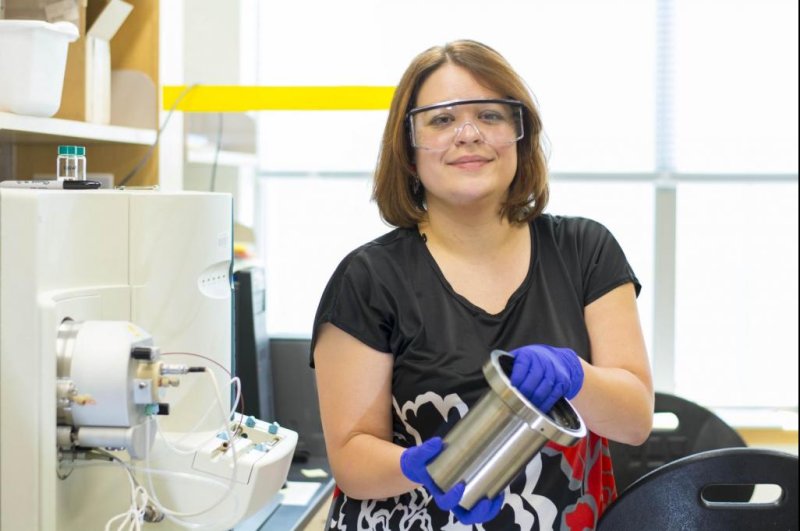WORCESTER, Mass., Sept. 30 (UPI) -- Rare earth elements are needed to make a wide range of products -- from everyday objects like energy efficient light bulbs and smartphones to advanced technologies like industrial lasers and medical imaging devices.
But rare earth elements are named so for a reason. Scarcity has become a problem as more technologies require their mining.















